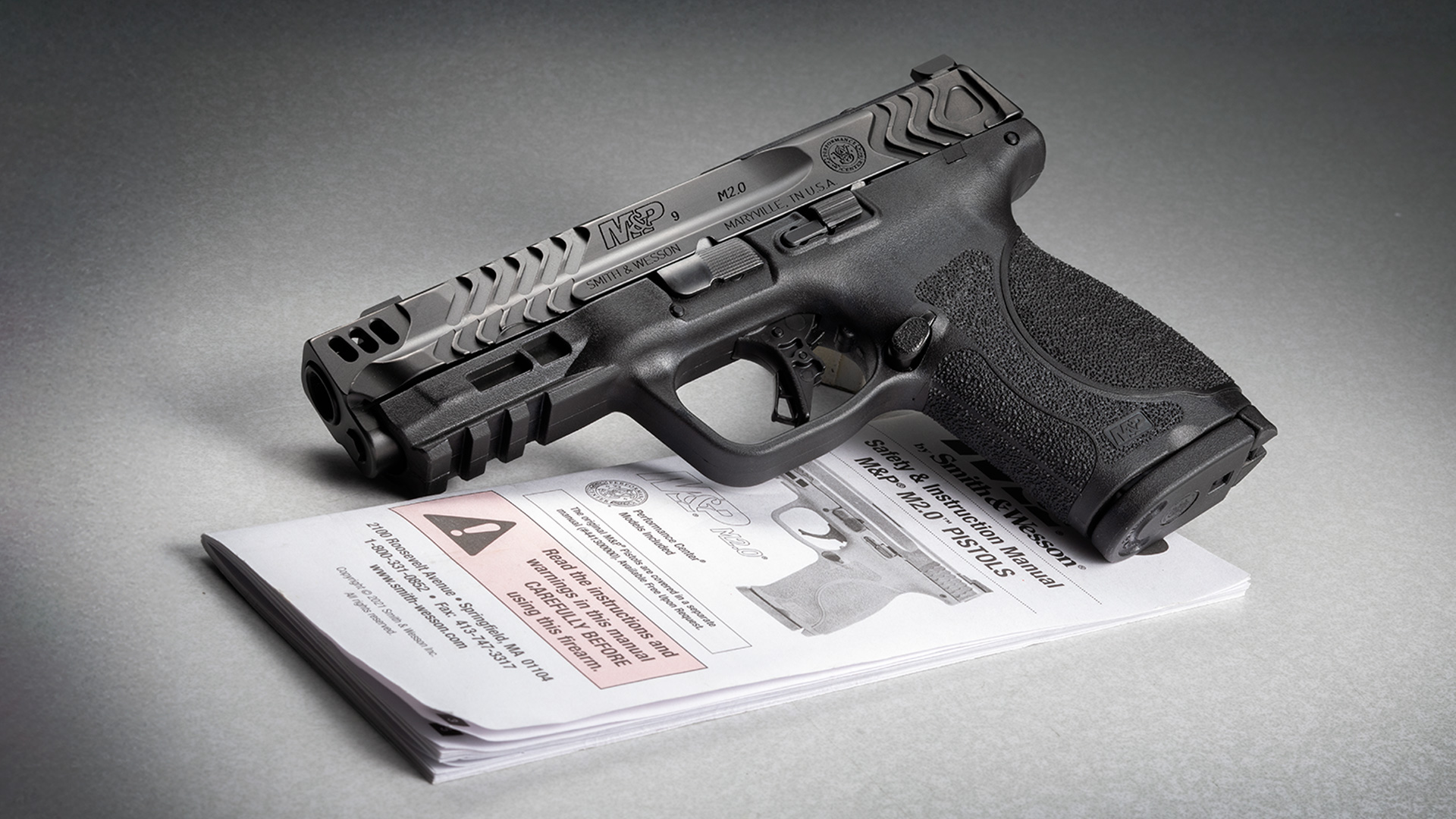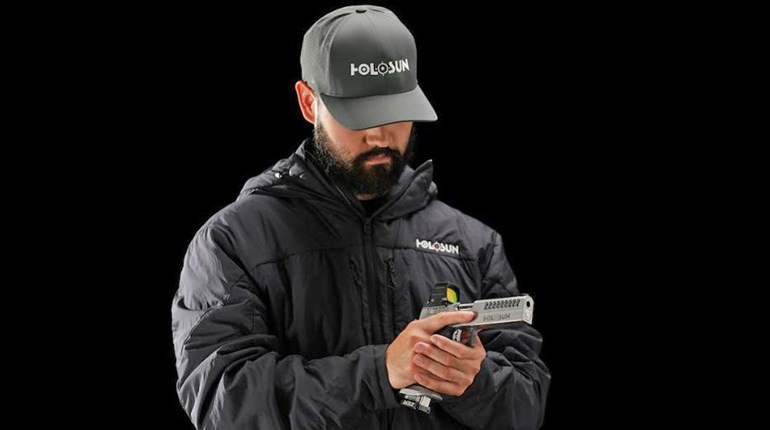
I recently heard from a reader who told the story of an attempted home invasion. He and his wife were awakened by their burglar alarm going off. They secured the master bedroom—their safe room—and notified the police. While the husband kept his gun trained on their locked bedroom door, his wife stayed on the phone and talked the police into their location. The police secured the house, and it appeared the burglars had fled when the alarm went off. Responding officers complimented the couple on the way they handled the situation, especially their interfacing with law enforcement throughout the whole incident.
Then the reader and his wife sat down and critiqued the whole incident. They discussed the things they believed they'd done right, the things they could have done better and the things that they'd done wrong. Following this discussion, they asked a policeman friend to critique their actions and asked me for the same input.
I find this to be a very intelligent way to turn a criminal encounter into a learning episode. I would even suggest folks make a written list of such a critique. Jot down the parts of your plan that worked like they were supposed to, include the things that need to be improved upon, and be sure to add those things that didn't work well at all. You don't have to try to make yourself look like a hero, but you also don't have to beat yourself up. Studying that written list will help you tweak your personal-defense plan, making yourself and your home a harder target.
Professional law enforcement does the very same thing regarding police shootings. We don't try to make anyone look bad—we just want to study the facts so we can learn to do it better and save lives.
Surviving a life-threatening encounter is not something to put out of your mind. It is something to learn from.




































